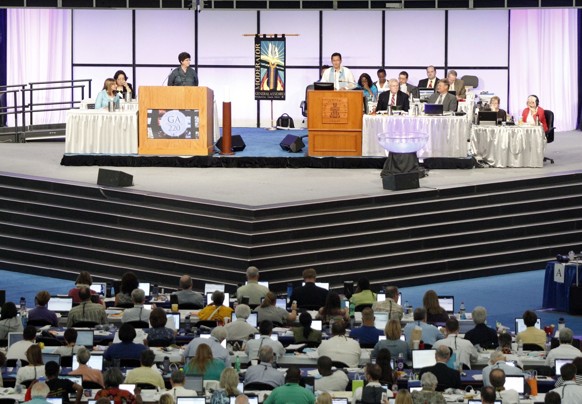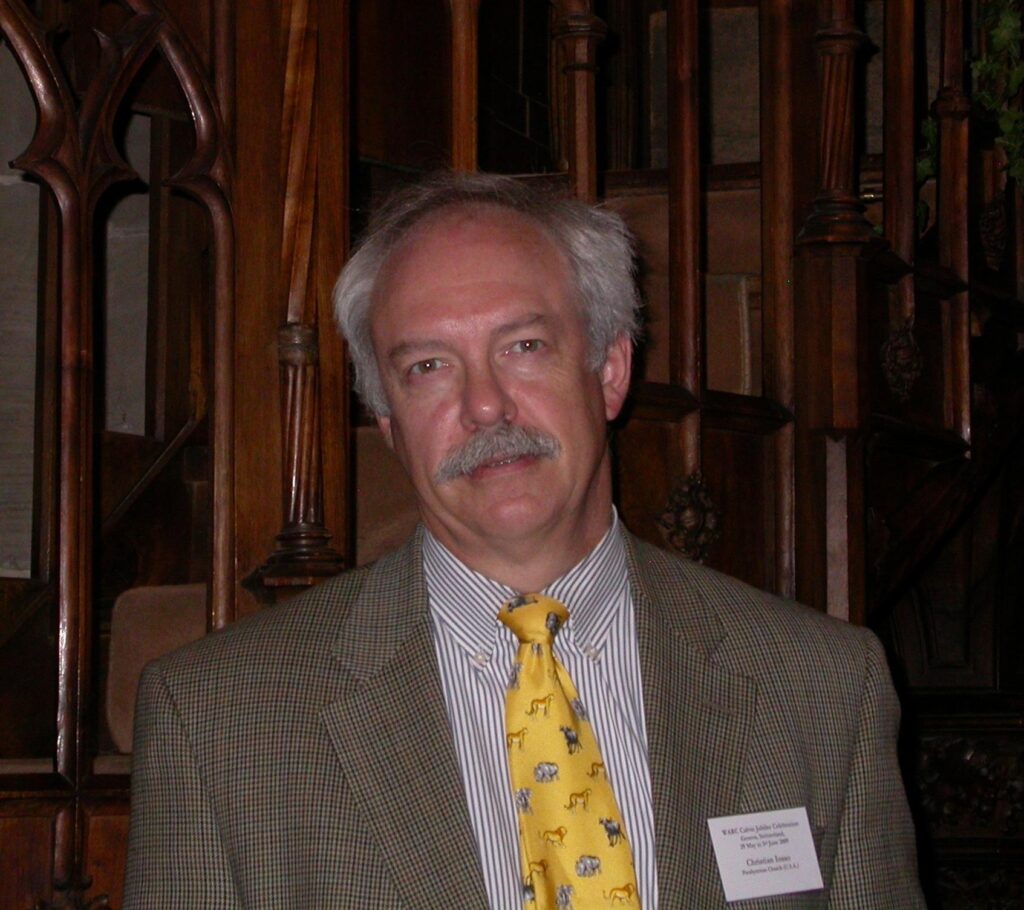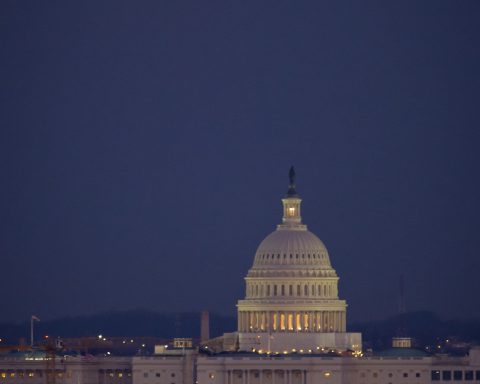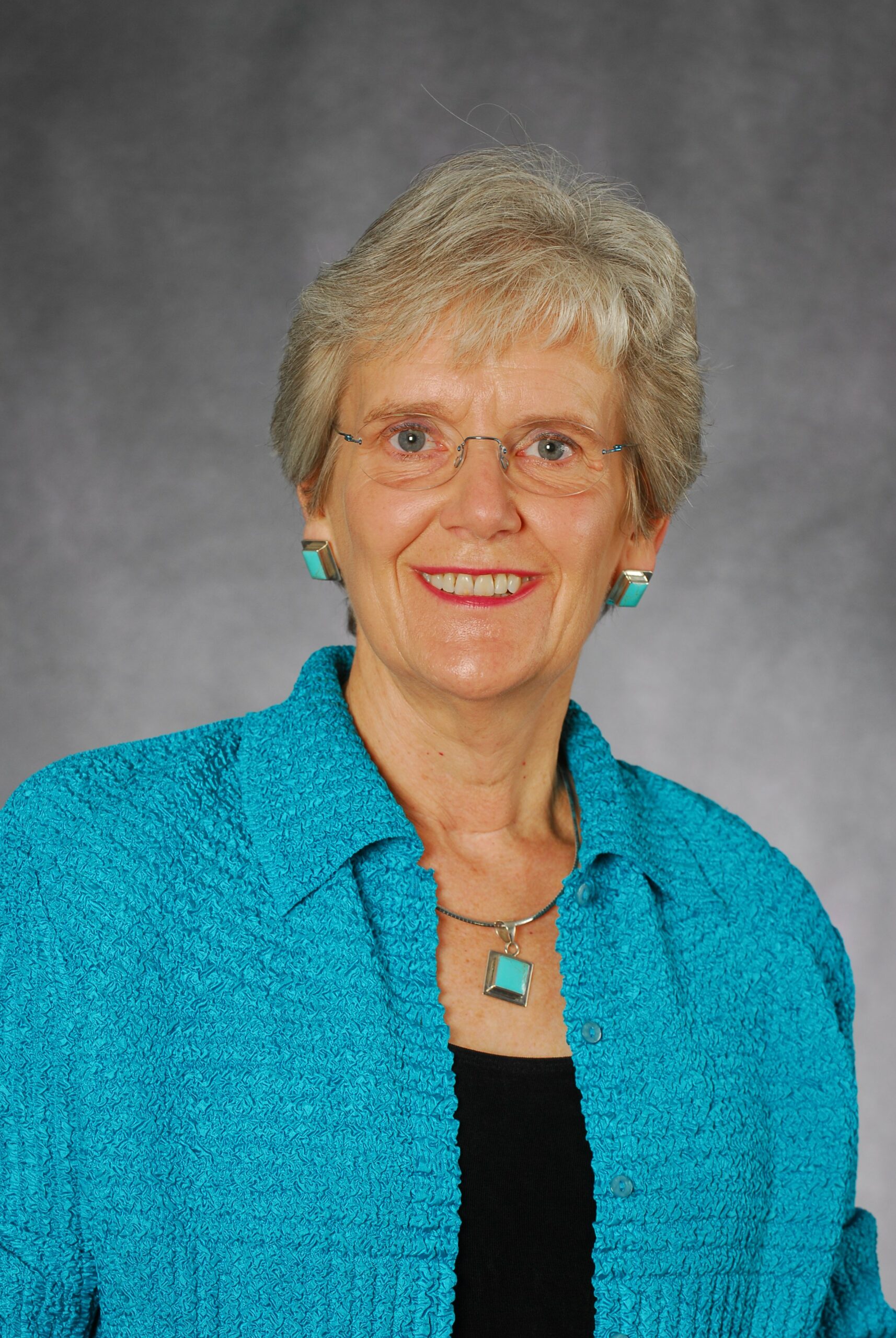The Why and Will We Questions First
By Chris Iosso, Unbound General Editor View and Print as PDF.
View and Print as PDF.
 Who cares about the General Assembly and who cares about the denomination as an institution? Those questions are posed, often by those dissatisfied with the outcomes of particular votes, against the backdrop of a society that, in fact, largely does not care. So why make the effort of caring what other Presbyterians think and of sharing GA actions with your family, congregation, presbytery, or synod? Let us look first at this “why” question, and then ask: “will we” use some of the Assembly’s key decisions? For a more comprehensive summary of the GA actions, please see an initial post-GA report in Salt & Light, the ACSWP e-newsletter, and the social witness summary found in this issue. One particular resolution, For Human Rights and Civic Freedom: Movements for Democratic Change in the Arab World, speaks very directly to the hopes and forces unleashed in the Middle East today.
Who cares about the General Assembly and who cares about the denomination as an institution? Those questions are posed, often by those dissatisfied with the outcomes of particular votes, against the backdrop of a society that, in fact, largely does not care. So why make the effort of caring what other Presbyterians think and of sharing GA actions with your family, congregation, presbytery, or synod? Let us look first at this “why” question, and then ask: “will we” use some of the Assembly’s key decisions? For a more comprehensive summary of the GA actions, please see an initial post-GA report in Salt & Light, the ACSWP e-newsletter, and the social witness summary found in this issue. One particular resolution, For Human Rights and Civic Freedom: Movements for Democratic Change in the Arab World, speaks very directly to the hopes and forces unleashed in the Middle East today.
___________________________________________
The key point is that even with its weaknesses of structure, process, and leadership, the General Assembly deepens connections and embodies the self-consciousness of a complex body. Going to GAs helps form the “we” that shares a particular moral vision.
___________________________________________
As to the “why care,” you may expect us (at Unbound) to answer that our public witness still matters, and that would still be true. But the basic yes answer has to do with the public process within the church itself. As Stanley Hauerwas and others have emphasized, the church is itself a polis, a community of membership, decision-making, and identity based in claims we derive from Jesus of Nazareth. Some may even idealize the church, but the key point is that even with its weaknesses of structure, process, and leadership, the General Assembly deepens connections and embodies the self-consciousness of a complex body. And going to GAs helps form the “we” that shares a particular moral vision.
The GA itself was examined in one of three “Special Committee” reports that were substantially rejected, the report on Biennial Assemblies. Since 2004, the GA has met every other year. Part of the decision to do that—primarily for cost savings—included an agreement to review the decision (made in 2002) ten years out. The Biennial Assembly Review Committee took the biennial decision more or less fait accompli, and proposed some creative ideas to strengthen the GA deliberative process. As part of that, they also proposed more worship and Bible Study and many fewer docket items. Overtures from presbyteries would need to be concurred with by ten percent of presbyteries, and commissioner resolutions (which are in fact not democratic but a mark of openness) would need many commissioners’ signatures to be considered. Both of these provisions were voted down.
The Advisory Committee on Social Witness Policy (ACSWP) responded to an earlier draft of the Biennial Review Committee’s report that was helpfully released for feedback in the Fall before the GA. ACSWP opposed the proposed limits on overtures and commissioner resolutions both in its earlier letter and in its Advice & Counsel memo commenting on the Review Committee report. ACSWP also asked for more treatment of the downsides of not meeting annually—less connectivity, less timely public statements, longer terms discouraging some would-be moderators, less accountability of the agencies, etc. But what was clear was that people do like a participatory system, and they do want to work on something substantial at the Assembly. The Stated Clerk and his staff, in fact, by setting up the highest number of committees ever at a GA, appeared to enhance the experience of commissioners in committee, with fewer people focusing on fewer items. The downside was plenary where action on the many committee reports went late and did not do justice to their substance.
The other two items substantially declined by the commissioners were not divestment from companies supporting the occupation of Palestine, nor the rejection of same sex marriage, even in states where it is legal. Both of those measures were narrowly defeated and appeared to prevail in the debate, certainly among young adult and theological seminary advisory delegates.
___________________________________________
The net-net of these decisions appeared to be an Assembly signaling that the church must “make changes wisely, or wait.”
___________________________________________
Instead, the Special Committee reports whose main premises appeared to be challenged were a report on “mid-councils” that advocated allowing non-geographical presbyteries in a period of experimentation, and a proposal that would have combined the Peacemaking and One Great Hour of Sharing offerings and created a Mission offering for the World Communion Sunday time typically used by Peacemaking. The first proposal was seen by some as a way to accommodate, or even capitulate to, a spirit of decentralization and outright division in some regions over the decision on inclusive ordination in 2010. The second proposal was seen as a way to raise more money on a broader basis with more centralized direction, but one that ran into the clear support of the various constituencies who have supported Peacemaking and One Great Hour of Sharing ministries for a long time.
The net-net of these decisions appeared to be an Assembly signaling that the church must “make changes wisely, or wait.” The new idea of encouraging 1001 new “worshiping communities” passed, as did measures in the “Church for the 21st Century” report that seek ways to increase pastoral salaries in many hard-hit existing congregations. That is a both/and approach, and one that recognizes how important compensation is to the future of professional ministry.
If this overall picture of the GA is correct, most commissioners are also comfortable with the church’s social witness, supporting most measures by strong majorities and relatively few amendments. Thus what this issue of Unbound summarizes—for our Presbyterian readers above all—are social witness actions, even on immigration and reproductive choice matters, where 70% or more of the commissioners were agreed. PC-BIZ.ORG, where all the Assembly decisions can be found arranged by committee and year, provides the exact vote totals. This is a church that is not all focused in on itself or panicking about survival. That “Arab Spring” resolution mentioned earlier, for example, speaks with considerable understanding to the need for the U.S. to support democratic aspirations and defuse hostilities. It is partly because the church cares about the larger world, I would argue, that it makes sense to care about the church.
Beyond wanting to continue the work of social justice being done by the General Assembly agencies, will Presbyterians actually do the work proposed and approved by the Assembly? This is the “will we” question. And here we have the most direct test: the Peace Discernment resources presented almost unanimously from the Peacemaking and International Affairs Committee. This report requests congregations to develop discernment groups to look at matters of peace and war in light of the teaching and example of Jesus and the current context of the church. It is an invitation to everyone—after 10 years of war in Afghanistan and Iraq especially, and a still-enormous military budget—to get close to the heart of what the Gospel says to the world. Will YOU respond?
___________________________________________
Perhaps the largest areas of relative silence were ecumenical and environmental concerns.
___________________________________________
Finally, we have to look at what the Assembly missed. Perhaps the largest areas of relative silence were ecumenical and environmental concerns. Responding to a commissioner resolution, however, the Assembly did ask the Committee on Ecumenical and Interreligious Relations to explore and report back on the following actions:
- The creation of a network of “Green Churches” seriously concerned with global climate change and its danger to future generations, building upon the Environmental Justice Working Group of the National Council of Churches of Christ in the U.S.A. and denominational environmental programs, and building also on college and university campus ministries involving Christian students and faculty.
- The relation of the National Council of Churches of Christ in the U.S.A. (NCCC) and Church World Service in environmental ministry and theology, in light of the administrative separation of these two bodies, once united in witness and mission.
- The appeal of such direct new names as “Green Church” for young people in U.S. culture.
The rationale for exploring these possibilities was crisp and hopeful:
The next church needs to be a green church. The ecumenical movement can become a movement again by uniting new generations with agencies that continue to have strength, infrastructure, and wisdom for social transformation guided by the Gospel of Christ. The Environmental Justice Work of the NCCC is among its strongest programs. The General Assembly should contribute interchurch vision to the whole church, also inviting and learning from local and regional efforts.
Whether the ecumenical bodies do, in fact, have “strength, infrastructure, and wisdom for social transformation” is partly the decision of denominations or communions like ours. If these bodies fade entirely, the social witness of all communions will be weaker, but that is another issue of Unbound (expect a Nov/Dec 2012 environmental justice and spirituality issue, including articles from young leaders in the NCCC and the World Student Christian Movement).
See more articles like this one from the Oct 2012 issue, “The Backstory of General Assembly”
The Rev. Dr. Christian Iosso is the Coordinator of the Advisory Committee on Social Witness Policy of the Presbyterian Church (U.S.A.) and the General Editor of Unbound. His Master of Divinity comes from Princeton Theological Seminary and his Ph.D., from Union Theological Seminary in New York City. He served as pastor of the Scarborough Presbyterian Church in Briarcliff, NY, from 1992–2005.







Unbound Social